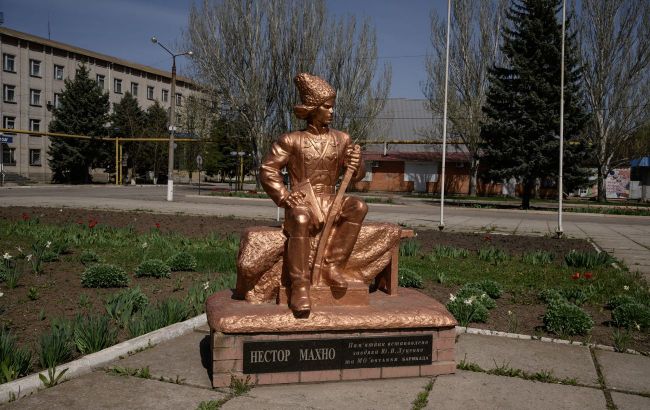Ukrainian revolutionary genius or outlaw? Real story of Father Makhno
 Who Nestor Makhno really was and why historians still debate (photo: Getty Images)
Who Nestor Makhno really was and why historians still debate (photo: Getty Images)
Nestor Makhno is one of the most controversial figures in Ukrainian history. To some, he remains a symbol of the struggle for freedom; to others, a ruthless leader with a criminal past. His name is surrounded by legends, and his biography is full of secrets, betrayals, and unexpected alliances.
Anarchist and strategist
Nestor Ivanovych Makhno was born in 1888 in the village of Huliaipole. From a young age, he joined the anarchist movement and was imprisoned several times.
After the 1917 revolution, he returned to his homeland and led a peasant movement, organizing a rebel army that controlled significant territories in southern Ukraine.
Makhno sought to build a society without centralized power, where communities would make decisions on their own. His movement became a unique phenomenon of the time.
Alliances and betrayals
Makhno's insurgents fought against both the White armies and the Bolsheviks, forming temporary alliances with them. However, cooperation quickly broke down, as Makhno defended independence and rejected dictatorship.
His tactics of mobile units and surprise strikes made his name known far beyond Ukraine.
Shadow of a criminal past
Opponents called Makhno a criminal leader. Even before the revolution, he was repeatedly arrested for robbery. Later, he punished those he considered traitors or enemies, often with death.
This added to his controversial image. For some, he was an avenger for justice; for others, a brutal criminal.
Question of anti-semitism
During the Civil War, there were accusations of Makhno's forces participating in pogroms. Some researchers dispute these claims, noting that Jews served in Makhno's army and that he issued orders against violence based on nationality. Historians believe many accusations were the result of Bolshevik propaganda.
Charisma and popular cult
Despite harsh methods, Makhno was extremely popular among peasants. They called him "father" and saw him as a defender of ordinary people.
In popular imagination, he became a symbol of freedom, and in culture, an archetype of an anarchist leader challenging any authority.
So, was Nestor Makhno a liberating hero or a dangerous criminal? Historians still have no consensus.
His charisma, military talent, and commitment to anarchist ideals made him a legend, but his cruelty and criminal past make it impossible to evaluate him only positively. This duality explains why Makhno's image remains alive in popular memory and culture even after a hundred years.
Lesser-known facts about Nestor Makhno
- He married his wife, Halyna Kuzmenko, during the Civil War in 1919, and celebrated the wedding among comrades-in-arms.
- Due to an injury, he could never fully straighten one leg, but it did not prevent him from leading raids across hundreds of kilometers.
- Makhno's forces popularized the tachanka equipped with a machine gun. This mobile unit became a symbol of their army.
- Makhno spent his final years in Paris in poverty, working as a painter and even moonlighting as a theater decorator.
You may be interested in:
- Who Princess Olha was and how she laid the foundation for a Christian state
- Which Ukrainians are admired abroad but almost forgotten at home
Sources: The Anarchist Library, Wikipedia, International Encyclopedia of the First World War, PM Press.

